Explore the Best AI Image Gallery
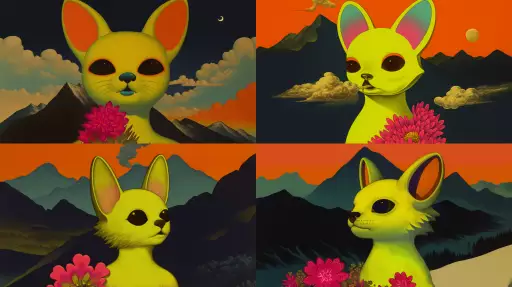
Beyond the Brush: How 5G is Unleashing a New Era of Creative Innovation
The creative landscape is on the cusp of a seismic shift, fueled by the arrival of 5G technology. This fifth generation of wireless connectivity, characterized by its lightning-fast speeds, low latency, and massive capacity, promises to revolutionize how we create, consume, and interact with art and design. From immersive augmented reality experiences to real-time collaborative workflows, 5G is poised to unlock a treasure trove of possibilities for artists, designers, musicians, and innovators across all disciplines.
Unleashing the Power of Real-Time Collaboration
Imagine a world where artists can seamlessly collaborate on projects from across the globe, in real time. With 5Gs ultra-low latency, delays that once hampered remote collaboration become a thing of the past. Artists can sketch together virtually, paint in shared canvases, and compose music in synchronized harmony, regardless of their physical location.
This technology opens up exciting opportunities for cross-cultural collaborations, bringing together diverse perspectives and fostering a truly global creative community.
Immersive Experiences: Redefining the Boundaries of Art
5Gs ability to handle massive amounts of data paves the way for breathtaking augmented reality (AR) and virtual reality (VR) experiences. Imagine stepping into an interactive art installation where your movements trigger dynamic changes, or exploring a museum exhibit that comes alive with 3D renderings and historical context.
Artists can now create immersive worlds that transcend traditional mediums, blurring the lines between the physical and digital realms. Museums, galleries, and performance spaces can offer visitors unforgettable experiences that engage all senses, deepening their understanding and appreciation of art.
Democratizing Creativity: Empowering Every Individual
5Gs widespread accessibility has the potential to democratize creativity, empowering individuals with the tools they need to express themselves. Affordable AR/VR headsets and mobile devices equipped with 5G capabilities will allow anyone to participate in creating and sharing their own artistic visions.
This shift towards accessible technology fosters inclusivity and diversity within the creative industry, opening doors for emerging talent from all walks of life.
Ethical Considerations: Navigating a New Frontier
As 5G technology continues to evolve, its crucial to address the ethical implications that arise. Issues such as data privacy, algorithmic bias, and the potential impact on traditional creative practices require careful consideration and thoughtful solutions.
Open dialogue between technologists, artists, policymakers, and the general public is essential to ensure that 5G technology is used responsibly and ethically to benefit society as a whole.
The Future of Creativity: A World Limitless in Possibility
5G technology is more than just an upgrade; its a catalyst for a creative revolution. As the boundaries between the physical and digital worlds continue to blur, we can expect to see even more innovative applications emerge, transforming the way we create, experience, and interact with art.
From interactive installations that respond to our emotions to personalized art experiences tailored to our individual tastes, the possibilities are truly limitless. The future of creativity is bright, fueled by the transformative power of 5G.
](https://images.ai-img.art/thumbnails/150/78a1311461ccc4b60dd1430d56ee04b3b5612a3145aef0a32196168d5489fdf3.webp)

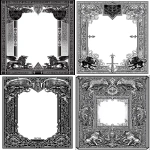
](https://images.ai-img.art/thumbnails/150/c04f7210bb9d35279503ff64ad44a9826d6909838f777fb1edd0fdece2ac7c70.webp)
](https://images.ai-img.art/thumbnails/150/cc8f7b8338e849e1e11a902ac51eda96c8f710e5d829c5b4d57b56fa05d28e95.webp)
](https://images.ai-img.art/thumbnails/150/5b3fca49762c8c532ff70f250ca3b5900bac75be98d6c82f8f7a220465ad534a.webp)
](https://images.ai-img.art/thumbnails/150/9ad2f4d771346182f4c9b6d1712edfd0b6b776f37b75dac606a8e03b1bd2dc47.webp)

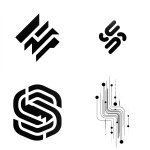
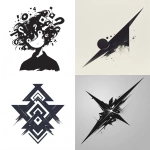
](https://images.ai-img.art/thumbnails/150/45d068cbdc39002eccc21e2169438a3c142426219fda8c9e027c536cdf66811e.webp)


](https://images.ai-img.art/thumbnails/150/f1cbba604c7411267acd95acaa4746a5ee006a25ade5e596a9501884b384e1dd.webp)
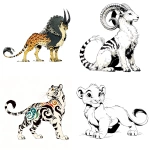
](https://images.ai-img.art/thumbnails/150/8884a7a8953b23d6c882f33524c10e09d320bbce4f305f2c7e79c402d82c1760.webp)

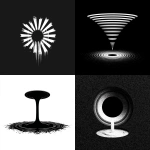
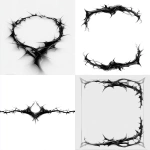

](https://images.ai-img.art/thumbnails/150/89d86a1c20e8844b6d4ce23cf0e6ae10c19923617b6be16cac5d3cc513bf9c4e.webp)



](https://images.ai-img.art/thumbnails/150/55e9c8ac48f7ca1311ec4a843e2616aa87c73e2217901ac138d198afb0b4f1db.webp)




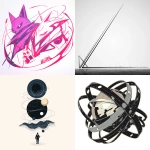
](https://images.ai-img.art/thumbnails/150/bbf691f1c69e4801062c68d0435463c5bf76258e3984fbe3cc25e9e46174cf88.webp)
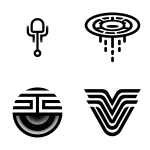







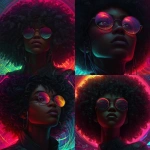
](https://images.ai-img.art/thumbnails/150/16ec42833d204af37c75cc776a794c54661cbfe1061c899680a4976a7f74cd51.webp)


](https://images.ai-img.art/thumbnails/150/f9928aee79da6b2028ac7a7129ac30e6475a85d5300661776fde267c2da839ab.webp)
](https://images.ai-img.art/thumbnails/150/03de477e462377e62b34fea23ab1cbf6d4557f4077cc8bed9f23388af1200721.webp)

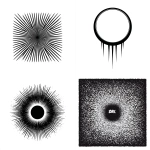

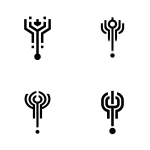
](https://images.ai-img.art/thumbnails/150/4d725f4d5380eb583bdebf0aad4c789acd6782398b4050f01f350a939dd4c2af.webp)